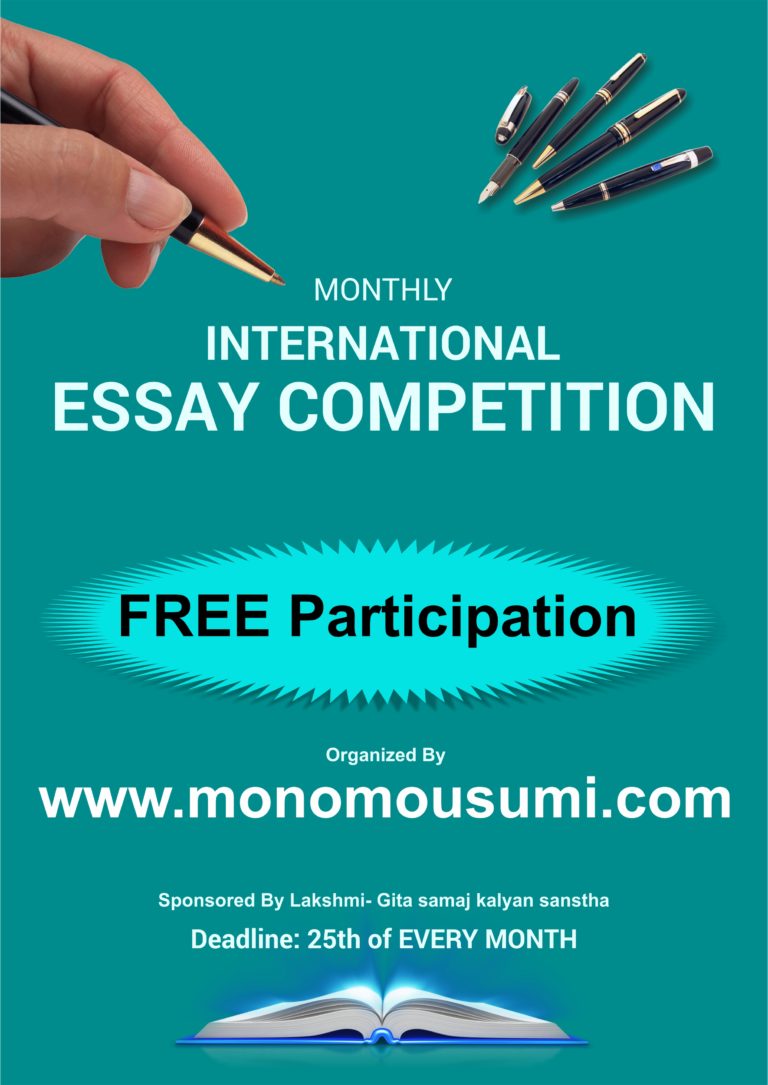
Echoes एकता Surprise RISE
Society continues to evolve and increasingly requires people with a global mindset—that is, individuals who are open-minded, knowledgeable, empathetic, and environmentally responsible. One of the best ways to develop this global mindset is through school trips.
School trips offer a great educational experience that transcends the four walls of the classroom. Envoys is an organization specializing in educational travel for schools, aiming to enrich learning through global experiences and intercultural projects.
Traveling abroad to learn becomes more challenging once the school years are over. Why? Because the options become more limited and are generally more costly.
Envoys offer customized programs where students participate in immersive activities that complement their academic education and develop leadership and critical thinking skills with an international focus. Because the future is now, it’s important to rise to its expectations.
School Trips: More Than Benefits, Lifelong Lessons
When we talk about benefits, we often think of material objects or academic learning. But when it comes to travel, the outcomes are intangible yet extremely valuable.
Travel teaches life lessons. It provides the opportunity to experience things firsthand, put them into practice, and evaluate the skills that teenagers are developing, at a time when their minds are incredibly flexible and able to absorb everything we want to teach them.
School trips offer a global perspective and strong independence that no other teaching method can provide. Some of their most notable benefits are:
1. Fostering Creativity, Innovation, and Problem-Solving Skills
One benefit of Envoys’ educational trips is that they can stimulate the development of essential skills vital for the future. Creativity, innovation, and problem-solving are core competencies that enable individuals to identify opportunities, generate novel solutions, and overcome challenges. These are fundamental aspects of both personal and professional life.
Educational trips can foster these skills by exposing students to different cultures, environments, and perspectives, while also providing authentic learning experiences that challenge their assumptions and expand their horizons.
Programs offer meaningful experiential education for students, where they participate in direct and frequent exchanges with locals, building intercultural understanding and empathy.
Creativity: Educational trips can stimulate creativity by exposing students to diverse forms of expression, such as art, music, literature, and cuisine. By interacting with different cultural products, teenagers can learn to appreciate the value of originality, diversity, and aesthetics.
Innovation: Educational travel programs can foster innovation by exposing students to different ways of doing things, such as business models, technologies, and social practices. Observing how people in other countries solve problems, meet needs, and create value can teach students to think innovatively and explore new possibilities.
Problem-Solving: Educational trips can improve problem-solving skills by exposing students to various challenges, such as language barriers, cultural differences, and logistical issues.
By facing these challenges, young people can learn to adapt, improvise, and collaborate. They can also develop critical thinking and analytical skills that help them identify root causes, evaluate alternatives, and implement the best solutions.
2. Expanding Their Network, Opportunities, and Collaborations
One of the most valuable benefits of educational trips is the opportunity to connect with people from different backgrounds, cultures, and fields of expertise. Whether you’re a student, teacher, or family member accompanying the trip, this experience can open new doors for personal and professional growth.
Meet potential mentors, partners, or employers: Educational trips often involve attending workshops, seminars, conferences, or courses related to students’ interests or goals. These events are excellent places to network with experts, peers, or influencers who can provide guidance, support, or opportunities.
For example, if you’re interested in politics and thinking of student trips to Washington, DC, you can join an educational tour that visits the White House and talk to people about your interests and their experiences.
Develop intercultural competencies and communication skills: Educational trips expose students to diverse cultures, languages, and perspectives. These skills are essential for working and moving in a globalized world, where it’s very likely to encounter clients or colleagues from various regions and sectors.
Collaborate on projects, research, or initiatives: Educational trips can provide opportunities to work with others on meaningful projects, research, or initiatives that align with students’ passions or purposes. This collaboration can forge community, creating lasting and meaningful relationships.
3. Enhancing Cultural Awareness, Sensitivity, and Adaptability
One benefit of educational trips is that they can foster a deeper understanding of different cultures, values, and perspectives. By immersing oneself in a new environment, one can learn to appreciate the diversity and richness of human experiences, as well as the challenges and opportunities faced by different communities.
Cultural Awareness: Educational trips can expose students to various aspects of a culture, such as its history, language, customs, beliefs, arts, and cuisine. By observing and interacting with locals, students can gain a deeper understanding of how they view the world, their values, and their motivations.
Cultural Sensitivity: Perhaps one of the pillars of educational trips is teaching students to respect and appreciate the differences and similarities between cultures, avoiding assumptions or judgments based on stereotypes or prejudices.
With an open and curious mind, students can learn to communicate effectively and respectfully with people from different backgrounds and avoid cultural misunderstandings or conflicts, fostering trust and positive relationships with the local population.
Cultural Adaptability: Adaptability is key when it comes to travel, as it challenges travelers to adapt to new and unfamiliar situations and to deal with uncertainty and ambiguity. Understanding that flexibility is key allows students to learn to adjust to circumstances and overcome difficulties that may arise.
School Trips for the Future
The value and importance of international experience are crucial in a society that increasingly demands more. People with “world experience” are highly sought after in both academic and professional fields. This is a desirable quality in potential candidates, along with independence, networking, and bilingualism.
Envoys are committed to this challenge of preparing the adults of tomorrow and offer travel programs and customized study-abroad experiences that allow high school students to immerse themselves in diverse communities and broaden their worldviews.
A gateway to the best transformative learning experiences aimed at preparing youth to change the world because they have the power.
Write and Win: Participate in Creative writing Contest & International Essay Contest and win fabulous prizes.


